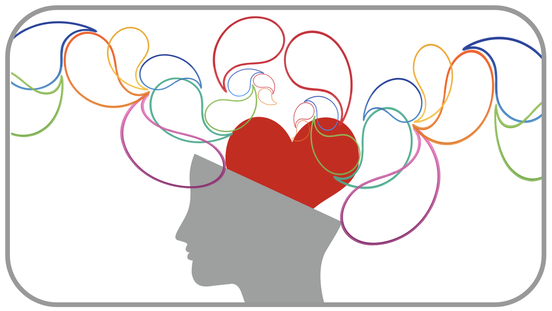|
Like many of us, I have been eager to move past 2020 without really looking back. I usually enjoy beginning each New Year by reflecting on the past year's learning and shaping plans for the next. However, the idea of lingering in the residue of 2020 has been unappealing at best, horrifying at worst. Who really wants to reflect on one of the hardest year's ever?
To complicate the reflective work even more, I tend to judge myself for not having enough pain this year to even really give myself permission to grieve or process it. Certainly, many people have had it much worse than I have. I continue to live a life with much privilege. We do not have hunger or housing insecurity. While 2020 has been challenging professionally, I have managed to keep my work afloat enough to support us. And most significantly, I have not lost a loved one to COVID (or anything else) this year. So what do I really have to lament from 2020? My sweet friend, Krystle Cobran, author of The Brave Educator, once told me, "We have a tendency to compare pain." She went on to say that using someone else's pain to delegitimize our own only delays our healing. So I try to give myself permission to process my experiences, even when some part of my brain tells me that they aren't serious enough to warrant attention because someone else's pain is more. I have learned the truth, however, that I can't be of service to anyone if I haven't tended my own inner garden in ways that are loving. This means acknowledging my hurts and grieving my losses, even if they seem smaller than someone else's. So when another friend, Lizzie Merritt, mentioned that she had just finished her "annual year in review" process, I thought, "Wait a minute! Perhaps, this year needs to be looked at even more closely than usual, rather than boxed up and stored in the recesses of my psychological closet." Lizzie was kind enough to share with me a reflective tool she created for learning from a previous year and planning for a new one. What I love about Lizzie's work is that she seems to really find a balance between action and reflection, between listening to ourselves and engaging our power to move past our limitations. For example, Lizzie's book about willpower begins with recommendations about learning to meditate. Lizzie was kind enough to let me share her year-in-review tool. I found the reflective the process challenging. I was surprised by how tender I was and how much my weary inner self wanted to avoid the work of self-reflection. I worked through the process in four different sittings, which helped. Because my work has demanded so much focus this year, I didn't pick work as a category. Basically, I never need nudging to work more. Instead, I chose: Health and Fitness; Home/Physical Environment; and Fun and Leisure. All of these areas need some serious attention from me. In fact, when I got to "Fun and Leisure," I was stumped (Does working on a "fun" writing project count?). Here's some of what I learned from the whole reflective process:
So, while I have no interest in a repeat of 2020, now that it is almost behind me, I am grateful for what it is taught me. May 2021 bring everyone at least some small dose of "normal." May we be kind to ourselves as we process 2020's difficulties, and may or biggest growth work of this year the stay with us, propelling us to be our most powerful selves.
1 Comment
12/27/2020 08:09:45 am
This one spoke to me, "Clearing out things (people, experiences, belongings) that are not working for us or bringing us joy can make space for "things" that are new to us and better for us, which inevitably makes us happier."
Reply
Leave a Reply. |
AuthorDr. Jan Burkins is a full-time writer, consultant, and professional development provider. Categories
All
|

 RSS Feed
RSS Feed